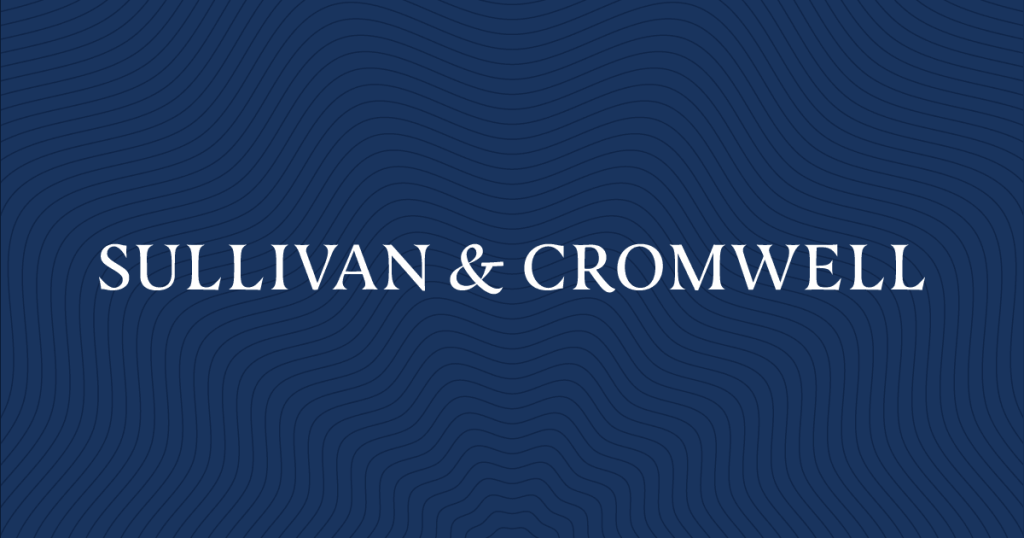Listen to the article
US Attorney Files $2 Million Tariff Evasion Case Against South Carolina Furniture Company
Federal prosecutors have filed a significant tariff evasion case against a South Carolina office furniture company, alleging a sophisticated scheme to avoid paying millions in import duties on Chinese goods.
The United States Attorney’s Office for the District of South Carolina intervened on July 15, 2025, in a whistleblower lawsuit against Global Office Furniture, LLC (GOF) and its owner Malcolm Smith. The government alleges the company evaded at least $2 million in tariffs through a “double-invoicing scheme” designed to circumvent heightened duties on Chinese imports.
The case originated when GOF’s former office manager filed a sealed qui tam complaint in March 2020, triggering both civil and criminal investigations. Qui tam provisions allow whistleblowers to sue on behalf of the government and potentially share in any financial recovery.
According to court documents, Smith incorporated GOF in 2013 after serving as a U.S.-based sales representative for a Chinese office chair manufacturer. The company primarily sold Chinese-made office chairs through Amazon’s marketplace.
The alleged scheme began after the United States Trade Representative implemented a 10% tariff on Chinese imports in September 2018, later increasing to 25% in May 2019 as trade tensions escalated between the two nations. Prosecutors claim GOF first attempted to offset these costs by requesting price increases from Amazon but received minimal concessions.
Faced with shrinking profit margins, GOF allegedly created two sets of invoices for each shipment. One invoice reflected the true value of imported goods for payment purposes, while a second falsified invoice showing significantly lower values was submitted to Customs and Border Protection to calculate tariff payments. This maneuver reportedly allowed the company to pay only half the duties it rightfully owed.
The government’s complaint further alleges Smith took deliberate steps to conceal evidence after learning of the investigation. These actions included directing employees to delete relevant emails, searching for incriminating handwritten notes, and instructing the company’s IT provider to implement a 60-day auto-delete function for all emails – applied both prospectively and retroactively to eliminate potential evidence.
This case highlights the Trump administration’s aggressive approach to trade enforcement. The Department of Justice has recently designated “trade and customs fraud, including tariff evasion” as its second-highest corporate criminal enforcement priority, according to a May 2025 memo from Assistant Attorney General Matthew Galeotti.
The False Claims Act serves as the government’s primary civil tool for combating fraud in federally funded programs. Its “reverse false claims” provision specifically targets entities that “knowingly and improperly avoid or decrease an obligation to pay or transmit money or property to the Government.” Violations can result in treble damages and substantial per-violation penalties.
This enforcement action comes amid a broader crackdown on tariff evasion. In March 2025, the DOJ reached an $8.1 million settlement with California-based Evolutions Flooring over similar customs duty evasion allegations. The administration also recently re-established a DOJ-HHS False Claims Act Working Group, signaling intensified focus on protecting federal funds across multiple sectors.
For companies with international supply chains, particularly those sourcing from China, this case underscores the critical importance of robust customs compliance programs. Common evasion schemes identified by authorities include double-invoicing, transshipment through third countries to disguise Chinese origin, and product misclassification to qualify for lower tariff rates.
Even when foreign suppliers initiate such practices, U.S. importers of record bear legal responsibility for ensuring customs filings are accurate, creating significant liability exposure for American businesses that fail to exercise proper oversight.
Fact Checker
Verify the accuracy of this article using The Disinformation Commission analysis and real-time sources.



